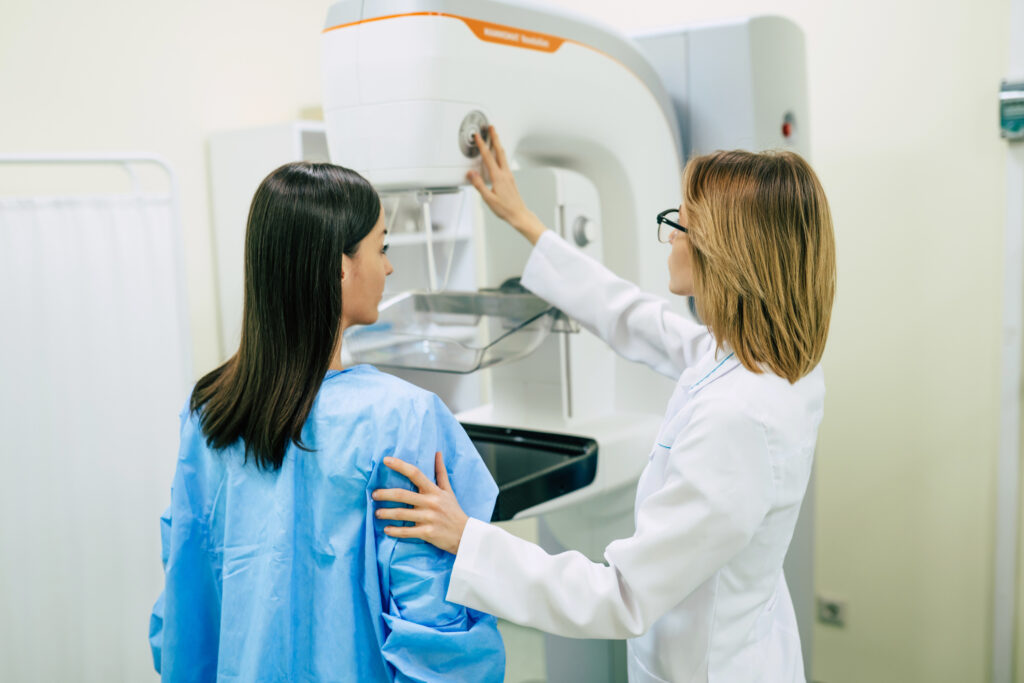A major component of general well-being, breast health should be given top priority for each person by means of frequent screenings. Early identification of possible problems can greatly affect the results of treatment. Frequent screenings enable the identification of possible health issues, which results in early interventions and improved chances of effective therapy. Following a regimen of breast health screening helps people take control of their condition and lower their late-stage diagnosis-related risks.
Understanding the Importance of Early Detection
Improving survival rates and lowering the need for severe therapies depend much on early identification of breast-related health problems. Frequent tests let one find abnormalities before they develop into more severe diseases. Medical technology has advanced such that early detection of anomalies is more accurate and quick than ever. Early identification can result in less intrusive therapies, faster recovery durations, and more chance of a favorable result. One cannot stress the need of being proactive with regard to breast health since it greatly improves long-term health and quality of living.

Breast Health Screenings: What to Expect
Typical approaches used in regular breast health checkups include mammography, physical examinations, and occasionally ultrasonic tests. These tests let doctors find any alterations in the breast tissue that might point to a condition. For example, an X-ray picture of the breast called a mammography can show tumors or anomalies even before they are obvious by physical inspection. Age and risk variables will determine whether someone should have tests at certain intervals. Knowing what to expect from these tests will allow people to keep regular with their visits and aid in lowering anxiety.
Prevention: A Key Benefit of Regular Screenings
Regular tests serve not only in identifying any medical problems but also in preventive purposes. Early alterations in breast tissue allow people to take preventative actions, such as lifestyle changes or extra therapies that might stop the onset of more major diseases. Preventive care—which includes frequent checkups, a healthy lifestyle, and knowledge of family health history—is underlined by many medical experts as especially important. Early on, preventive actions greatly lower the likelihood of later difficulties.
The early identification and avoidance of breast-related health problems depend critically on regular breast health screening checkups. By use of proactive monitoring, people can spot any health issues before they become severe, so optimizing treatment results. Understanding the value of tests, what to expect, and how they help to prevent helps people to make important decisions in preserving their breast health. Although some people find the process intimidating, regular screenings are a reasonable and helpful component of a good lifestyle if one stays aware and attends to emotional concerns. Giving breast health a priority through regular screenings finally results in better general health.


